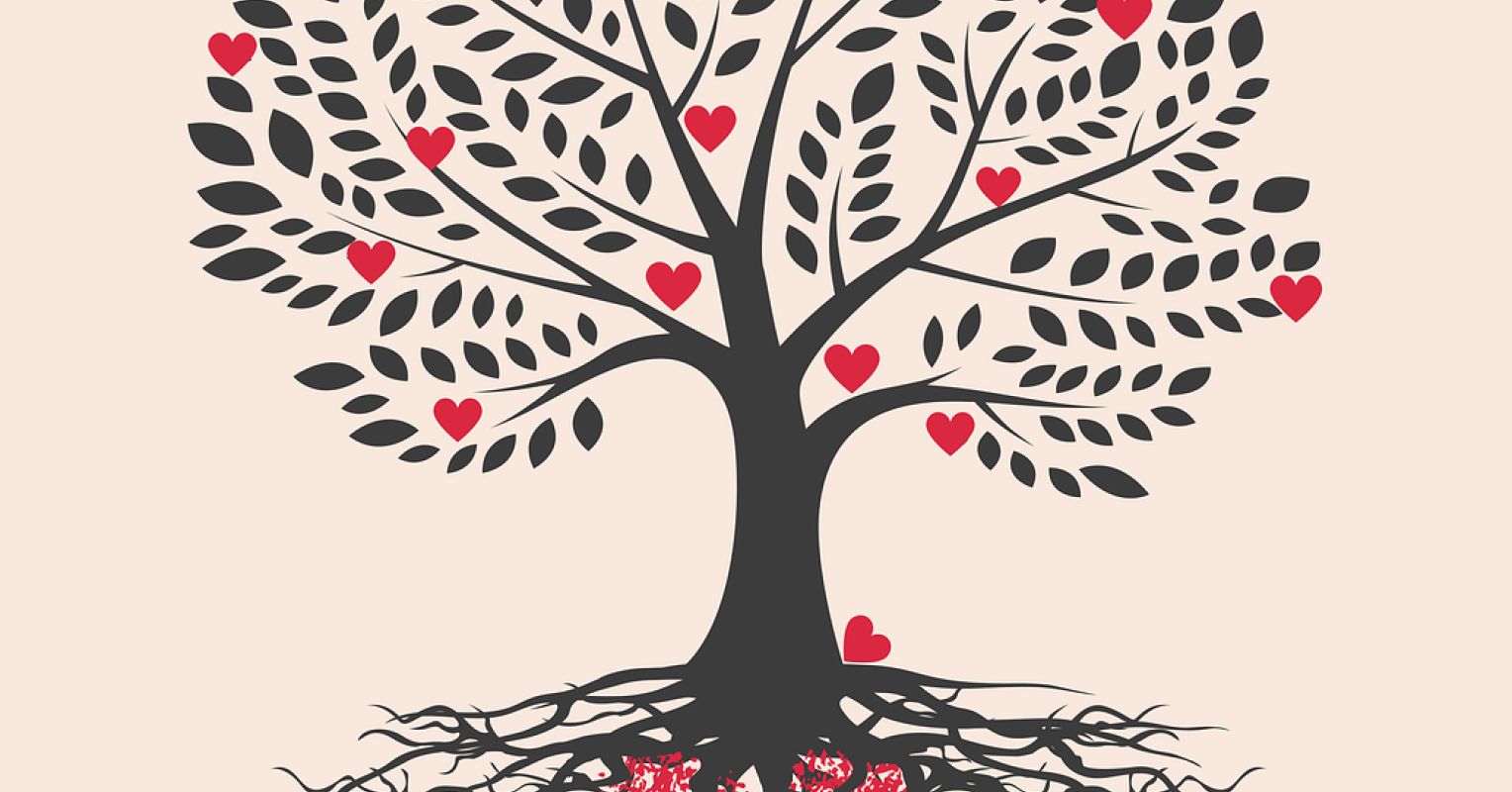
"So, what is love? While there are many definitions, most sources agree that love may be thought of as a feeling of deep affection and attachment. I believe it's important to note that a loving relationship does not need to be a romantic one. Rather, it's a deep sense of attachment wherein one feels valued. Is love a psychological feeling, or is it more?"
"According to neuroscientist Stephanie Cacioppo's book Wired for Love, love is a biological necessity. She asserts love is as essential for well-being as food and water. And indeed, fMRI analyses suggest that love not only has a biological basis, but that anatomically it resides in a portion of the oldest section of the triune brain-the brain stem. More specifically, love is correlated with activation of the ventral tegmental area (VTA), which is close to the medulla oblongata."
"If that is the anatomy of love, dopamine (reward) and oxytocin (bonding and attachment) seem to be the chemistry of love. So, it seems the emotion of love is a biologically anchored drive located in the most basic neural circuitry of the brain. This may explain why love is so rewarding and the absence of love may be so painful, in some cases."
Meaningful human connection predicts resilience. Love can be defined as a feeling of deep affection and attachment and need not be romantic; it centers on feeling valued. Loving relationships appear as essential to well-being as food and water. Neuroscientific evidence links love to activation in ancient brainstem regions, particularly the ventral tegmental area (VTA), and implicates dopamine (reward) and oxytocin (bonding) as core neurochemicals. The absence of loving relationships can provoke desperate, self-defeating decisions and significant pain. Surveys indicate self-confidence attracts others, and cultivating belief in oneself can be a first step toward forming loving attachments.
Read at Psychology Today
Unable to calculate read time
Collection
[
|
...
]